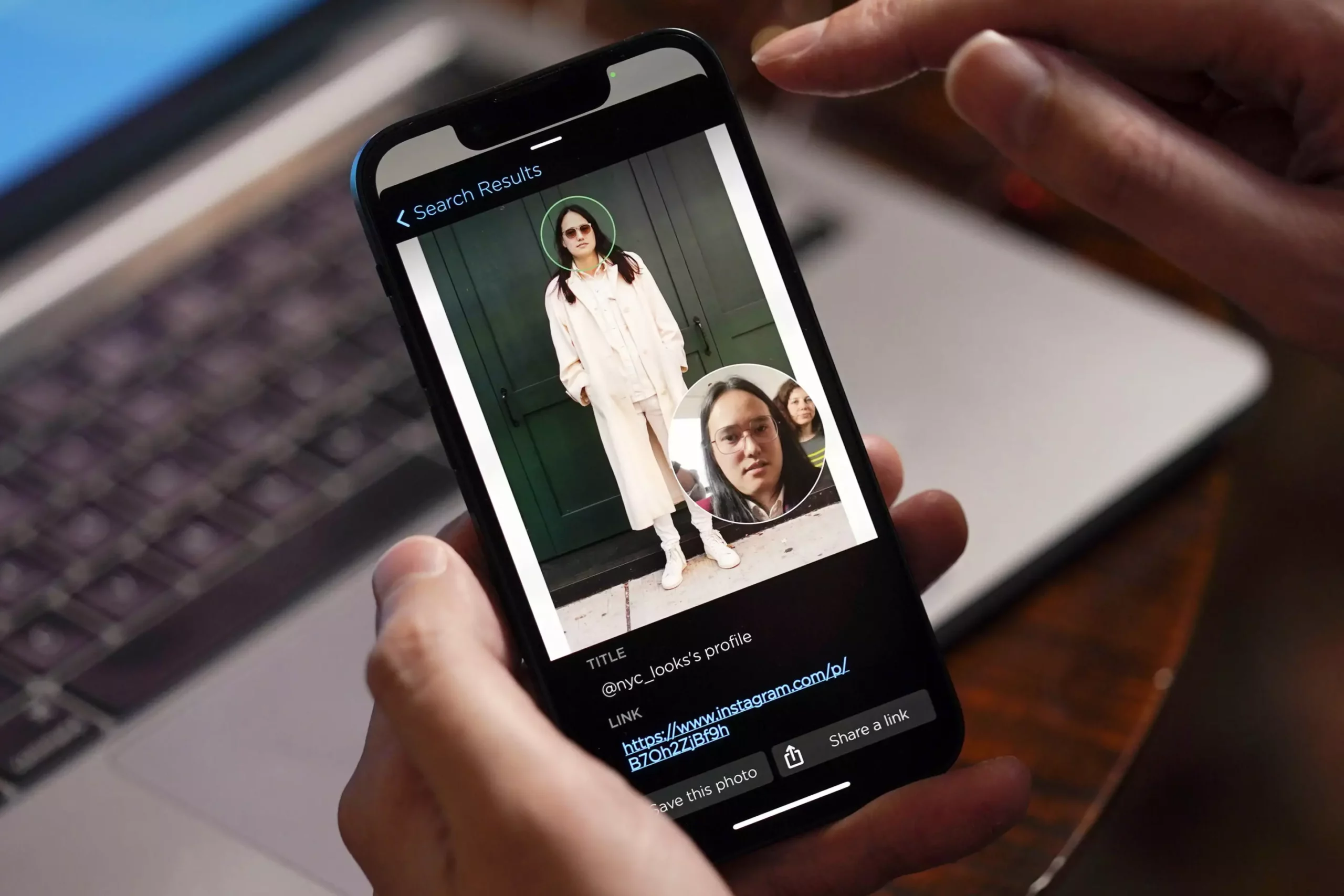Clearview AI, a facial recognition startup, recently settled an Illinois lawsuit regarding the violation of privacy rights due to its extensive collection of facial images. The settlement, estimated to be worth over $50 million, is unique in that it offers plaintiffs a share of the company’s potential value rather than a traditional payout. Judge Sharon Johnson Coleman granted preliminary approval to the agreement, which consolidated lawsuits from various states against Clearview.
The settlement requires Clearview to cease selling access to its database to private businesses or individuals but allows collaboration with federal agencies and law enforcement outside of Illinois. It’s important to note that the company does not admit any liability as part of the settlement. The lead plaintiffs’ attorney referred to the agreement as a “creative solution” due to Clearview’s financial constraints, stating that the victims of privacy breaches can now potentially benefit from any future company success.
The settlement is broad in its scope, encompassing individuals whose images or data are in Clearview’s database and who resided in the U.S. since July 1, 2017. The agreement includes a national campaign to notify potential plaintiffs about their eligibility to participate in the settlement. The terms of the agreement were developed with the assistance of Wayne Andersen, a retired federal judge who now mediates legal cases.
Court filings revealed that Clearview faced financial difficulties that would have made it impossible to pay a substantial legal judgment if the suit continued. The company’s financial instability was a key factor in the decision to structure the settlement in a way that allows plaintiffs to share in the company’s future value. The involvement of a retired federal judge in the settlement process highlights the complexity of the financial situation faced by Clearview.
Despite the agreement’s potential benefits for plaintiffs, some privacy advocates and legal experts have criticized the settlement as insufficient. Sejal Zota, an attorney representing plaintiffs in a California lawsuit against Clearview, expressed disappointment in the agreement, stating that it fails to address the core issues related to Clearview’s operations. Zota believes that the settlement merely serves to legitimize Clearview’s questionable practices.
Clearview AI’s recent settlement in the privacy rights lawsuit has significant implications for the future of facial recognition technology and data privacy. While the agreement provides a unique solution to compensate victims of privacy breaches, it also raises questions about the broader impact on privacy rights and corporate accountability. As the debate over facial recognition technology continues, the outcome of Clearview’s settlement may set a precedent for future legal actions in the realm of data privacy and security.


Leave a Reply